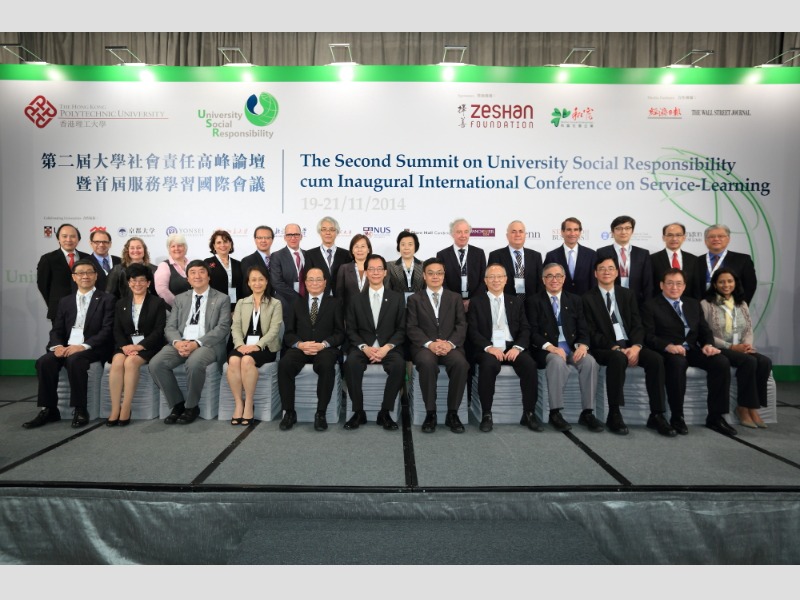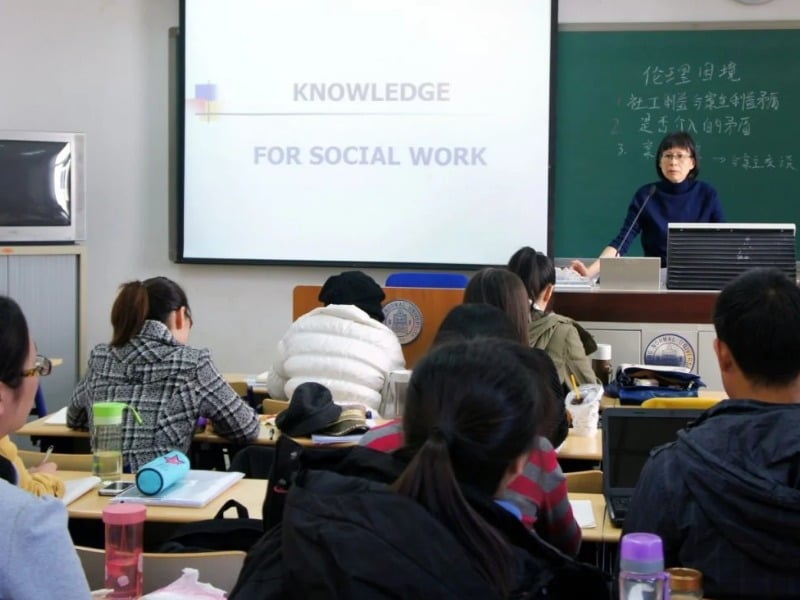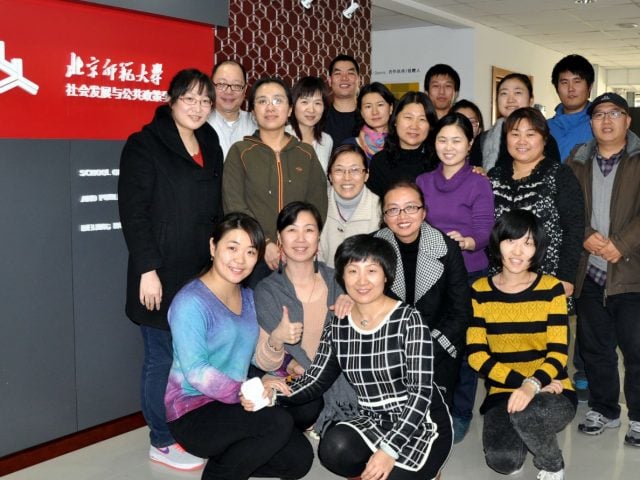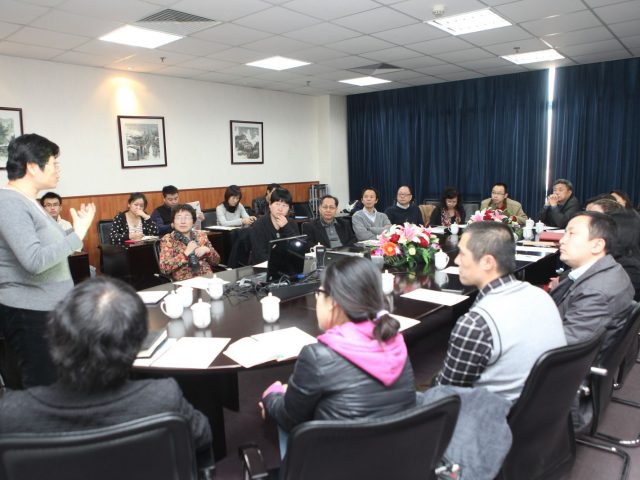
China Social Work Research Centre
China Social Work Research Centre
XXXXXXXXXXXXXXXX
XXXXXXXXXXXXXXXX
Since 2007, Peking University has been rolling out its social work program under its Department of Sociology, in a joint effort and strategic partnership with the Department of Applied Social Sciences (DASS) of the Hong Kong Polytechnic University (PolyU). The primary purposes of the joint program are to foster the integration of social work theory and practice as a way to indigenize and professionalize social work in China, as well as provide training to enhance the problem-solving capacity of social workers towards achieving social development.
The two institutes co-founded the PekingU-Hong Kong PolyU China Social Work Research Centre. The Centre is devoted to the development and indigenization of social work theory and practice in China, aiming to develop a pipeline for leading scholars who are committed to the social change of China in the long term. To that end, strengthening the teaching capacity both undergraduate and graduate programs in social work is an integral part of the Center’s mission.
In 2012, ZeShan Foundation and Si Yuan Foundation jointly committed RMB20 million to establish a dedicated development fund. The fund will be critical to supporting the sustained growth of the Centre, so that it may develop into a leading institution for teaching and research in social work development, a think tank for social policy, and an international hub linking with social workers and social policy makers from mainland China, Hong Kong and the international community. The fund provides seed funding for research and program capacity building and enable PKU and the Center to leverage for external funding from the government and private sector.
In 2013, to commemorate the partnership, the compound of the Centre was renamed Si Shan Yuan (思善苑), taken from the names of the two sister foundations. During the unveiling ceremony on July 20, Prof. Zhou Qifeng, President of Peking University, presented Dr. Thomas Chen with the Outstanding Educational Contribution Award in recognition of his unwavering support for education in China.
In January 2014, a 4-day intensive training on social work curriculum development and capacity building was organized for about 100 Master of Social Work (MSW) instructors from various universities across China. Co-organized by Centre, the Social Work Teaching Guidance Committee under the Ministry of Education, and the China Association for Social Work Education, the training program attracted both local and international scholars and senior social work practitioners. Leading pracademics from the University of Chicago and the Hong Kong Polytechnic University participated as trainers in the workshop.
Peking University (PKU) is considered a cradle for higher education in modern China. It has been at the forefront in the teaching and research of humanities, social sciences and liberal arts education. Throughout its history, the university has distinguished itself in terms of intellectual freedom and leadership in social sciences and has produced and hosted man prominent Chinese thought leaders.

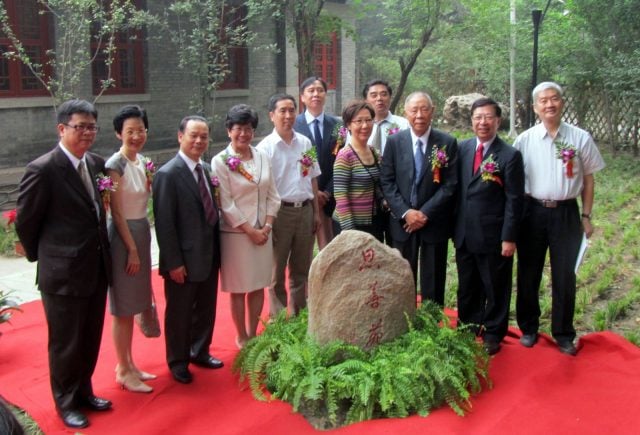
Heading 02
Photos Grid for Heading 02
- Tab 1
- Tab 2
- Tab 3
Inside Tab Heading 01 H4





